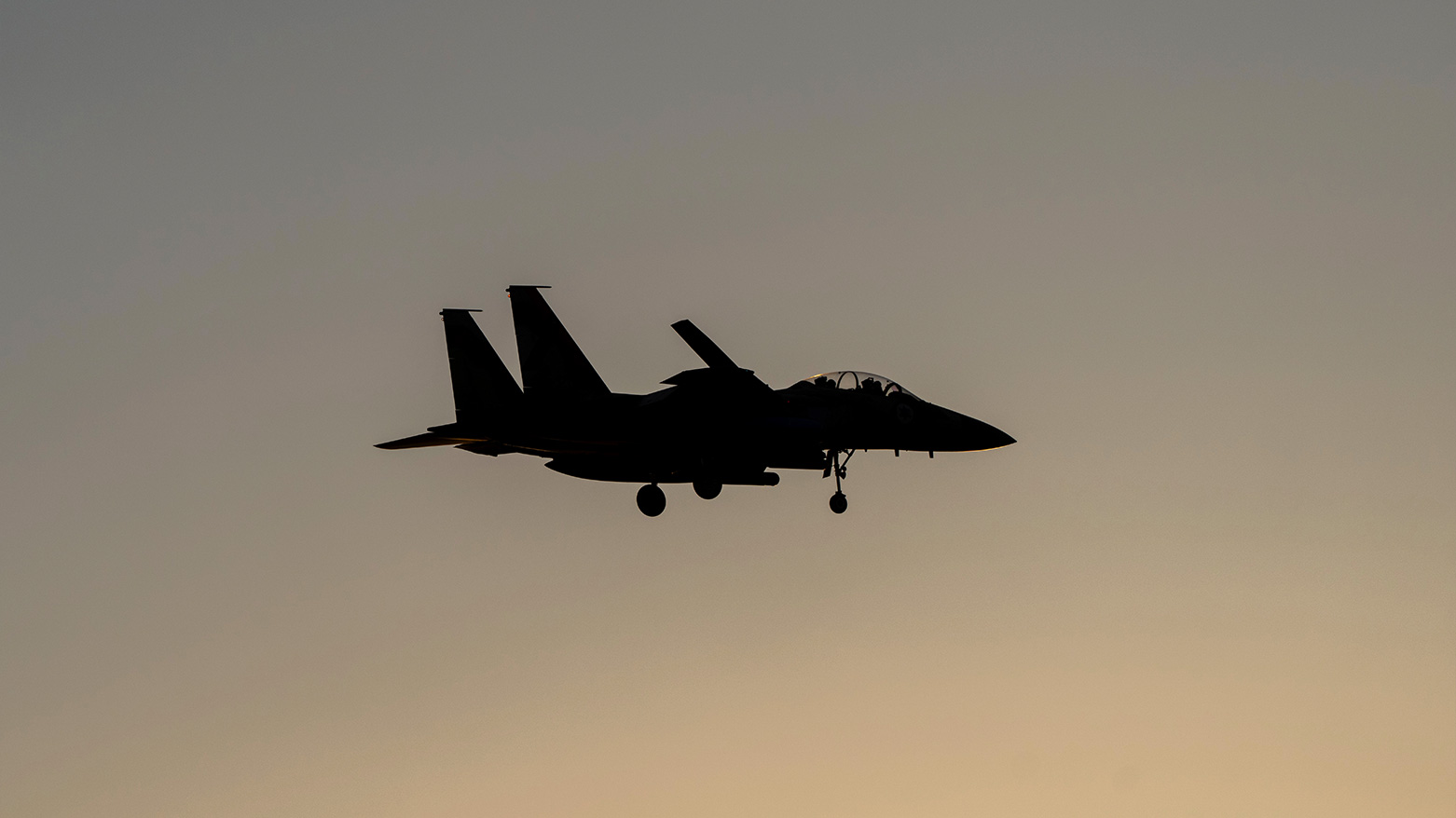Biden Freeze Overturned: Trump Opens Arsenal to Israel
According to Ynetnews, the IDF will soon receive a significant U.S. weapons shipment, including over 3,000 munitions for the Israeli Air Force, as part of preparations for ongoing operations in Gaza and a possible strike on Iran.

By Kamaran Aziz
ERBIL (Kurdistan24) — The United States has approved a substantial new shipment of advanced weaponry to Israel, signaling a reinforcement of strategic defense ties as the Israeli military intensifies preparations for a renewed offensive in the Gaza Strip and heightens its focus on Iran. The decision marks a significant policy shift following the return of President Donald Trump to the White House and comes at a volatile moment for Middle East security.
According to a report by Yedioth Ahronoth’s English-language news platform Ynetnews, the U.S. has authorized the delivery of more than 3,000 aerial munitions to bolster the Israeli Air Force’s operational readiness for a major campaign in Gaza.
Israeli defense officials confirmed that the IDF Southern Command is finalizing plans for a large-scale operation, with strategic assessments also addressing the potential for future military engagement with Iran.
The newly approved shipment is in addition to a massive cache of over 10,000 munitions previously purchased by Israel, whose delivery had been suspended under the Biden administration. That freeze was reversed shortly after Trump resumed office earlier this year.
In February, the U.S. government formally greenlit an arms package valued at $7.41 billion, encompassing a broad range of guided munitions, bombs, and support equipment. This deal is intended, according to the Pentagon’s Defense Security Cooperation Agency (DSCA), to preserve Israel’s qualitative military edge and its ability to defend against threats to its borders and civilian infrastructure.
The weapons systems set for delivery include approximately 3,000 Hellfire missiles, 2,166 AGM-114 Hellfire bombs, and 2,166 GBU-39 precision-guided bombs. The agreement also encompasses around 13,000 Joint Direct Attack Munition (JDAM) guidance kits, used to convert unguided bombs into precision-guided weapons, and nearly 17,500 FMU-152A/B fuses. The JDAM kits and other munitions are scheduled to arrive in stages beginning this year, while the Hellfire missiles will begin arriving by 2028.
According to a recent announcement by the DSCA, the U.S. State Department has also approved a potential Foreign Military Sale to Israel of 35,529 MK 84 or BLU-117 General Purpose bomb bodies and 4,000 I-2000 Penetrator warheads, along with spare parts, engineering support, and logistics services, for an estimated cost of $2.04 billion. The State Department invoked an emergency determination under the Arms Export Control Act, waiving the usual congressional review period in light of what it described as an urgent need to support Israel’s national defense.
Separately, the DSCA reported on April 14 that the U.S. approved another deal valued at $180 million to supply Eitan Powerpack Engines and related components to support Israel’s armored vehicle capabilities. The sale will enhance Israel’s ability to defend its borders and critical infrastructure and will increase interoperability with U.S. forces. The principal contractor for the powerpack systems will be Rolls-Royce Solutions America, Inc.
The Pentagon has clarified that the weapons will be sourced both from current U.S. military stockpiles and American defense contractors such as Lockheed Martin, Boeing, and L3Harris. In its official statement, the Pentagon emphasized that the delivery “will not alter the basic military balance in the region” but will “enhance the security of a major U.S. partner.”
The U.S. State Department echoed this position, affirming that the transactions align with long-standing American policy to ensure Israel maintains robust defensive capabilities. It also noted that the integration of these new systems into the Israeli arsenal would be seamless and would not impact the readiness of U.S. forces.
The timing of the arms deal—coinciding with preparations for a potential IDF ground or aerial campaign in Gaza—has raised concern among international observers, particularly as humanitarian conditions in the enclave remain dire. However, Israeli officials argue that the influx of munitions is essential to reconstituting stockpiles after nearly two years of high-intensity, multi-front combat.
As the shipment process begins, the scale and scope of U.S. military support to Israel under the Trump administration appear to have entered a new phase—one defined by strategic urgency, broader operational latitude for the IDF, and a renewed emphasis on deterrence in a region teetering on the edge of deeper conflict.